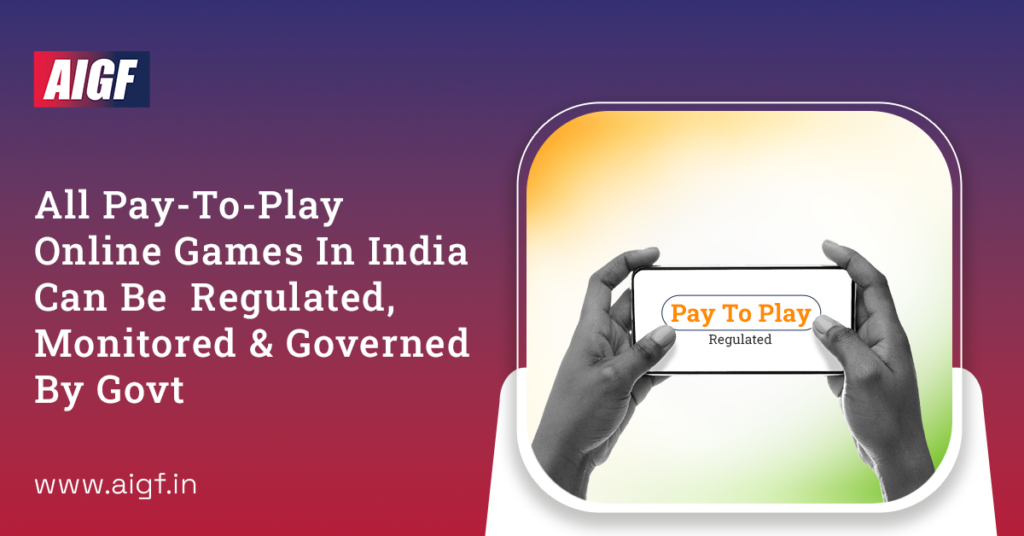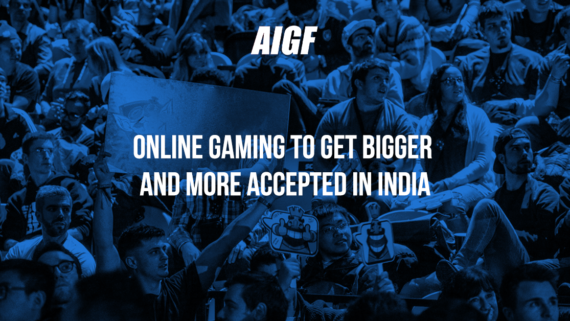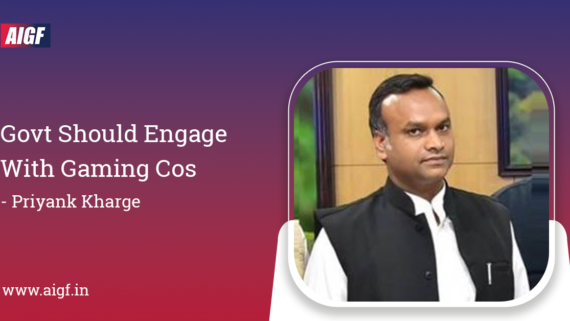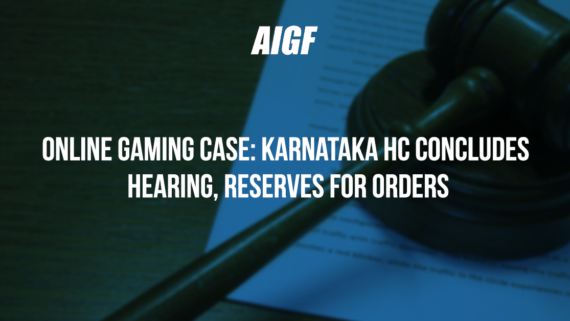According to a government document and three sources, India’s proposed regulation of online pay-to-earn would cover all pay-to-play games after the PM’s office overruled a proposal to just regulate games of skill and leave out games of chance.
All Pay-To-Play Online Games In India Can Be Regulated, Monitored & Governed By Govt
According to a government document and three sources, India’s proposed regulation of online pay-to-win would cover all pay-to-play games after the PM’s office overruled a proposal to just regulate games of skill and leave out games of chance.
In India, all pay-to-play games will be regulated.
The most anticipated regulations are expected to fundamentally affect the gaming industry in India, which research company Redseer predicts will be valued at $7 billion by 2026 and be dominated by pay-to-play games.
Lately, Indian firms like Mobile Premier League, which is notable for fantasy cricket, have received funding from Tiger Global and Sequoia Capital.
A new body to decide if a game includes skill or chance was proposed by an Indian panel entrusted with drafting the regulation in August. From that point onward, skill games would be governed by federal rules that incorporate registration requirements, know-your-customer standards, and a grievance redress mechanism.
As per reports, chance games, which are viewed similarly to pay-to-win and are generally outlawed in India, were expected to remain under the control of individual state governments, who would be allowed to regulate them.
Regulation for All Games Because Differentiation Is Difficult
In any case, a representative from Prime Minister Narendra Modi’s office spoke out against this disparity at a government meeting on October 26 and called for enhanced monitoring of all games, as per the private minutes of the meeting accessed by Reuters.
The officials were portrayed in the minutes as expressing that it was challenging to distinguish between games that required skill and those that required chance owing to a lack of legal clarity and conflicting court rulings, and that “online gaming may be treated as one activity or service with no differentiation.”
The card game rummy and several fantasy games are skill-based and acceptable, as indicated by the Indian Supreme Court, while state courts have had differing opinions on games like poker.
Commenting on this development, Mr. Roland Landers, CEO of the All India Gaming Federation, said, “As the apex industry body for online gaming, we welcome an effective and progressive central regulatory framework.” We have been engaging with the inter-ministerial task force and have submitted detailed representations for standards including consumer protection, age gating, fair play, etc. to be adopted for all online games of skill.
AIGF, under its charter, already requires its over 100 members to institute various diligence and consumer protection measures. However, today we have more than 900 gaming companies in India, and so having a central framework will ensure that the industry as a whole adopts strong consumer protection and grievance redressal measures.
In recent times, the industry has been faced with a situation where state governments have conflated skill-based gaming with the pay-to-earn industry and have sought to prohibit it, causing fragmentation in the sector. This has happened despite 60 years of jurisprudence from the Supreme Court and multiple high courts on games of skill.
We are hopeful that centralized regulation will solve this issue of state fragmentation and unconstitutional state bans. Such clarity will improve investor confidence and further allow the industry to grow at an even faster pace.”
Mr. Ankur Singh, CEO and founder of Witzeal Technologies, said, “The online Pay-To-Play market is currently valued at $2.2 billion and is poised to reach a value of $7 billion by FY 2026.” We must acknowledge the explicit distinction between games of skill and games of chance, which is needed for governments to bring structured growth to the entire ecosystem.
This is a welcome move for the burgeoning online skill-based pay-to-play gaming sector, and we laud the government’s efforts to regulate each paradigm of the online gaming sector. The Indian online skill gaming sector has been under the purview of individual state governments for a long time. The Supreme Court, however, has acknowledged the difference between games of skill and games of chance and has made it clear that it is supportive of games that involve skill. We are in support of the sector being rightly regulated, as it will inadvertently push us to stay ahead of the curve. “We are hopeful that the right regulation will further aid the emerging yet promising start-ups in the industry, followed by a rise in direct and indirect employment in India.”
Credit: Trak.in











Comments
Comments are closed.